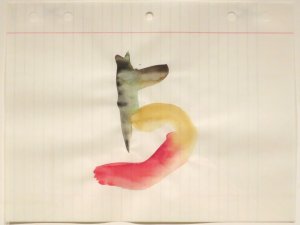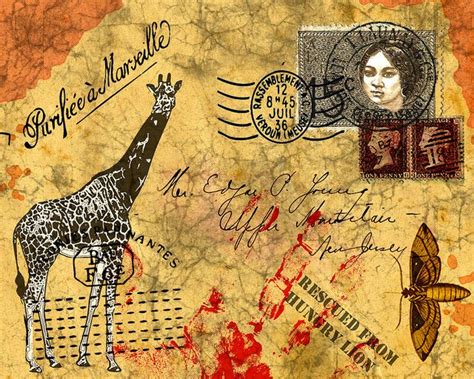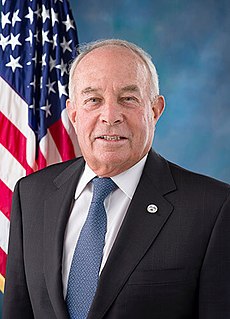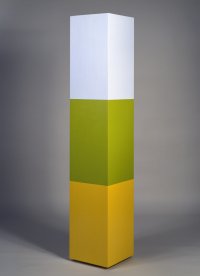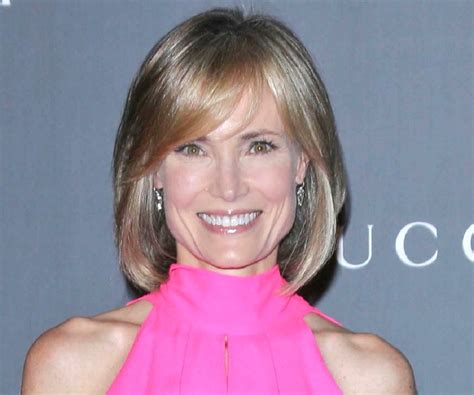A Quote by Rachel Morrison
As artists, we can't help but infuse our art with our own experience, so your experience becomes informative.
Related Quotes
Through our own creative experience we came to know that the real tradition in art is not housed only in museums and art galleries and in great works of art; it is innate in us and can be galvanized into activity by the power of creative endeavour in our own day, and in our own country, by our own creative individuals in the arts.
It requires something more than personal experience to gain a philosophy or point of view from any specific event. It is the quality of our response to the event and our capacity to enter into the lives of others that help us to make their lives and experiences our own. In my own case my convictions have derived and developed from events in the lives of others as well as from my own experience. What I have seen meted out to others by authority and repression, economic and political, transcends anything I myself may have endured.
I believe art is utterly important. It is one of the things that could save us. We don't have to rely totally on experience if we can do things in our imagination.... It's the only way in which you can live more lives than your own. You can escape your own time, your own sensibility, your own narrowness of vision.
The difference between men and women is inalienable. It is not a political fact, subject to cultural definition and redefinition, but a physical verity. We do truthfully experience our lives differently because our bodies are different. It is in what we do with our experience that we are the same. We feel, absorb and examine with the same intensity, and intense experience honestly examined informs the art of both sexes equally. ... The power of imagination illuminates all human lives in common.
?Reading good literature is an experience of pleasure...but it is also an experience of learning what and how we are, in our human integrity and our human imperfection, with our actions, our dreams, and our ghosts, alone and in relationships that link us to others, in our public image and in the secret recesses of our consciousness.
One of the ultimate challenges of biology is to understand how the brain becomes consciously aware of perception, experience and emotion. But it is equally conceivable that the exchange would be useful for the beholders of art, for people who enjoy art, for historians, and for the artists themselves.

